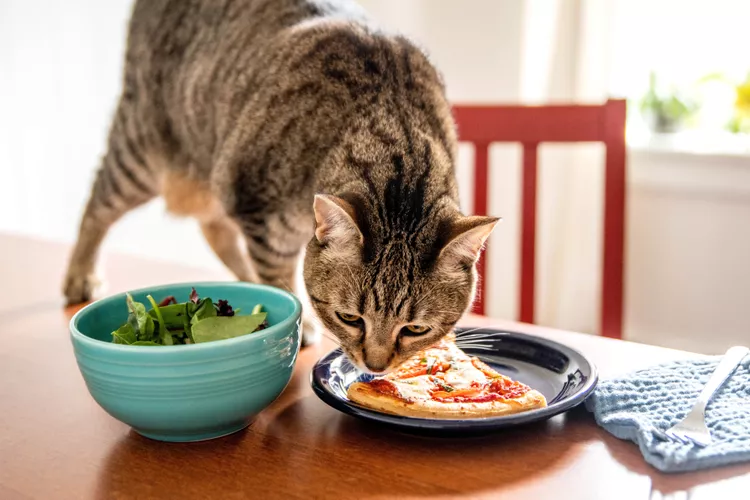
Your cat will display habitual behavior around mealtime when it is hungry, and many cats can be quite demanding when they want to be served. But cats aren't as motivated by food as dogs, so acting hungry all the time, begging, or whining for food between feedings may point to a medical issue.
Understanding how and when cats act hungry can help you know when to see your veterinarian and what to report.
Cats are smarter than you may think, and if you feed them around the same time every day, they'll know when it's mealtime. Meowing or crying and staring at you until you put food in its bowl are things a hungry cat is great at doing. No, your cat isn't starving, but it probably is hungry. Just like humans, a cat's empty stomach sends signals to its brain to tell it to eat and if you are the person that usually feeds it, your cat will make sure you don't forget its food.
If you keep your cat's treats in a specific place, and it sees you standing at that spot, then it may run over and start crying for a treat. This is even more likely to occur if you pick that bag or container up and give it a shake. Cats have excellent hearing and will come running if they hear a familiar, happy sound, especially if they are hungry.
Cats can easily jump onto a counter or table and snatch a piece of chicken or lick a stick of butter. Once they get a taste of something good that isn't in their food dish, it'll be a bad habit you'll have a tough time breaking. Cats are just like any other pet—and many people—who can't resist a tempting treat, so make sure you cover your food if you plan to leave it unattended.
Especially active cats and those who are getting inadequate amounts of food during mealtime may be more likely to steal food off the table. Increasing meal rations or feeding a food higher in calories may help keep your cat from counter-surfing if this is the case.
Cats who have had to compete or fight for food are more likely to consume their meals quickly or ravenously. Some cats even grumble or growl while eating and seem to swallow their food without chewing it. This is common with cats who have a history of being strays, feral, or who have come from a large litter of kittens where mealtime resulted in competitive eating if food was scarce.
Cats who have grown up or gotten into the habit of eating quickly may relax and learn that they need not worry about the availability of their food. After getting regular meals, most cats won't feel compelled to eat as quickly as they can, unless they truly have a medical concern that makes them feel constantly ravenous.
Vomiting is not uncommon to see in house cats. They groom themselves extensively so they often have a lot of fur in their digestive tracts, which can form a hairball. If a cat is not able to pass a hairball in its feces, then the fur will either come out when your cat vomits, or it will become stuck in its stomach or intestines. If a hairball is lodged in your cat, then it will vomit its food, since the food will be unable to digest. If you suspect your cat has a hairball or other item that is stuck in their gastrointestinal tract, take your pet to the veterinarian. X-rays will show whether your cat needs to have a swallowed item or hairball removed. This removal is often done surgically, but sometimes endoscopy can retrieve things from inside the esophagus or stomach.
Some cats vomit regularly after eating and their food is still intact or whole. This act of vomiting whole food soon after eating is called regurgitation and it usually occurs because the cat ate too quickly. Thankfully, regurgitation is easy to stop by slowing your cat down while it eats. Try spreading their food out on a cookie sheet or placing objects that are too large to eat inside your cat's food bowl. You can buy special food bowls with finger-like projections or nubs meant to make your cat work around them and therefore eat slower.
If your cat is crying for food and is gaining weight, then this is a sign to you that you should feed your cat less, despite what they are trying to tell you. Some cats, like some people, just really like food, and the more you feed them, the quicker they'll become overweight and prone to a myriad of medical issues. Diabetes, joint issues, cancer, and more are all more likely to occur in overweight pets. Most cats only require about one-fourth to one-half cup of dry kibble a day but this can vary depending on your cat's activity level and how many calories your cat food contains.
If you have a female cat who has not been spayed and could have had exposure to a male cat who has not been neutered, your cat may be hungry and gaining weight because she is pregnant. If this is the case, make sure you are feeding it a kitten formula to help provide maximum nutrition to the growing kittens inside your cat.
Cats that seem to always be hungry and never gain weight are often diagnosed with some sort of ailment. These include:
Thankfully, most cats just love to eat and their day revolves around naps and meals. As long as your cat's weight is stable, it isn't vomiting, having diarrhea, or acting strangely, it is most likely just a food-motivated feline.

10 Obscure, Little-known Canine Facts in Honor of National Dog Day
With National Dog Day upon us, it's time to celebrate everything about our favorite pets—even the weirder stuff. Here are 10 obscure facts about dogs you probably didn't know.
Exploring the Different Types of Pet-Friendly Beaches
Are you looking for pet-friendly beaches? Learn about the different types of pet-friendly beaches, their locations, and tips for visiting them with your pet.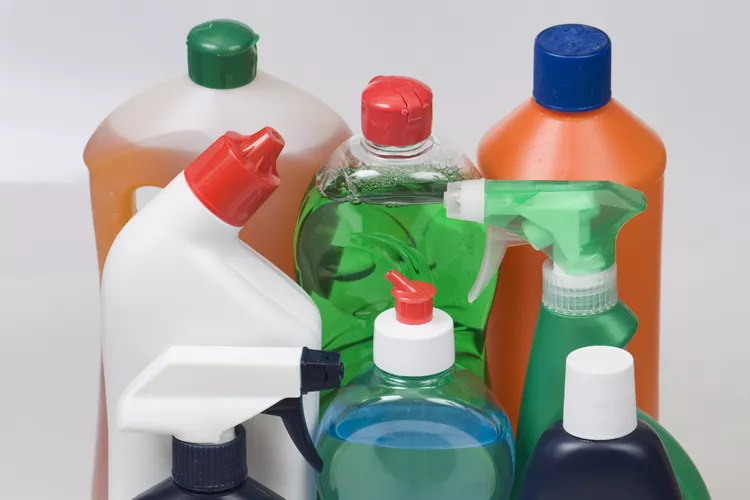
Toxic Chemicals & Household Items That Can Poison Dogs
There are many things in and around your home that can endanger your dog. Learn which chemicals and household items can poisin your dog.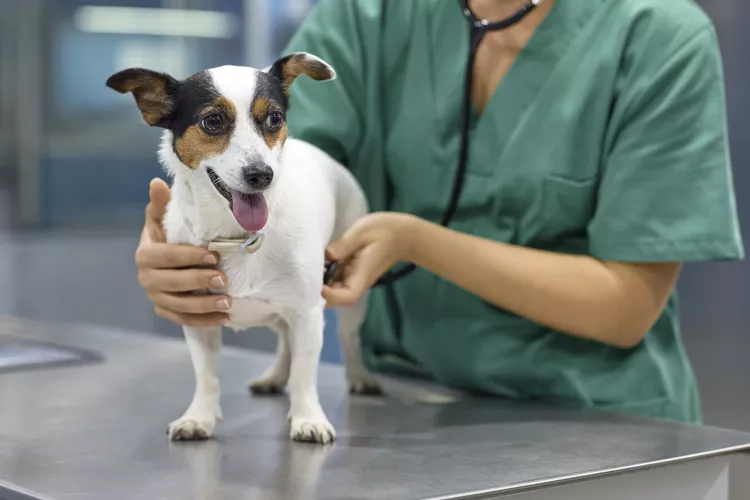
Bronchitis in Dogs
Is your dog coughing and feeling unwell? It could be due to respiratory inflammation called bronchitis. Learn the causes, treatment, and prevention.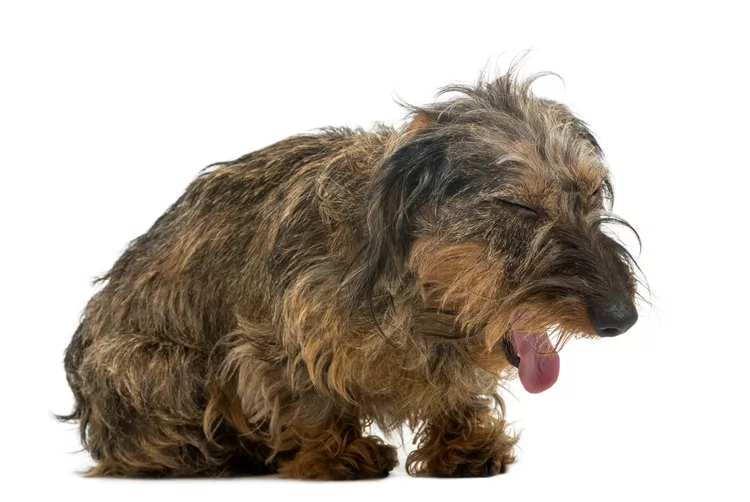
Choking in Dogs
A dog can occasionally swallow something incorrectly and start choking. Find out how you can tell if your dog is choking and what you can do about it.
Why Does My Dog Smell So Bad?
Does your dog smell? Find out what could be causing these unpleasant odors and if it's something that needs more than just a bath to fix.
Is Rosemary Safe for Dogs?
Rosemary is used both for cooking and as a supplement with many reported health benefits in people, so you may be wondering if it is safe to give to your dog. Rosemary is considered non-toxic for dogs but with some caveats.
Can Dogs Eat Blueberries?
Dogs can safely eat blueberries. Blueberries are packed with nutrients and can be a great addition to your dog's diet when fed in moderation. Learn more about the benefits, risks, how to incorporate blueberries into their diet, and other fruits dogs can eat.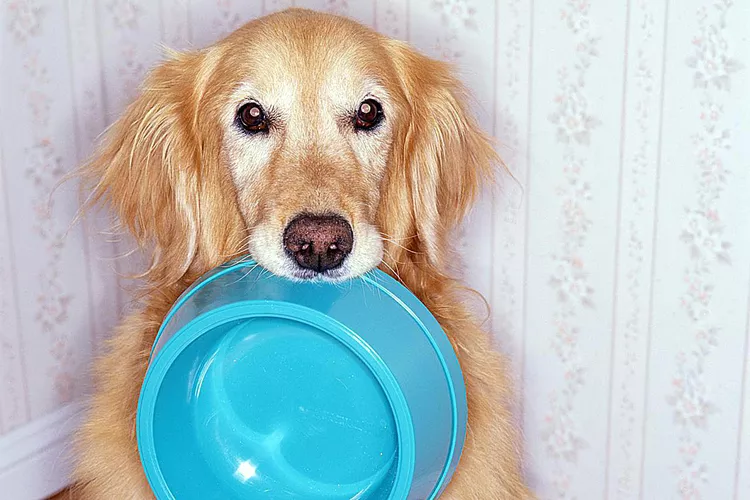
Dog Food Basics
Are you feeding your dog the best way possible? Check out these dog feeding tips to keep your dog healthy and happy.
Swedish Vallhund: Dog Breed Characteristics & Care
The Swedish vallhund makes for a high-energy and affectionate companion. Learn about the breed's history, health, exercise needs, and more.
Becoming a Show Dog: Getting Started
Do you have the perfect puppy? Have you considered showing her in a dog show? There's much more to showing than showing up! Here's how to get started.
How to Care for a Hairless Cat
Hairless cats make great pets but they aren't without their own challenges and requirements. Read on to learn how to best care for your furless feline.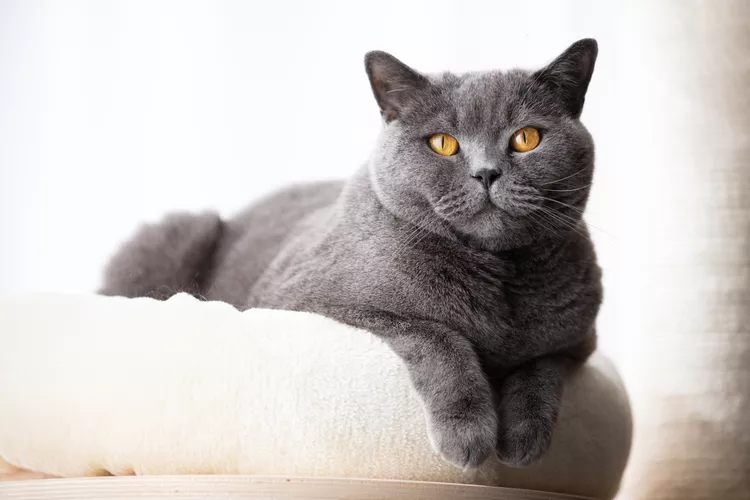
British Shorthair: Breed Profile, Characteristics & Care
The British Shorthair is a calm, affectionate cat that looks and feels like a plush teddy bear. Here's what you need to know about this popular breed, including appearance, temperament, health, and care.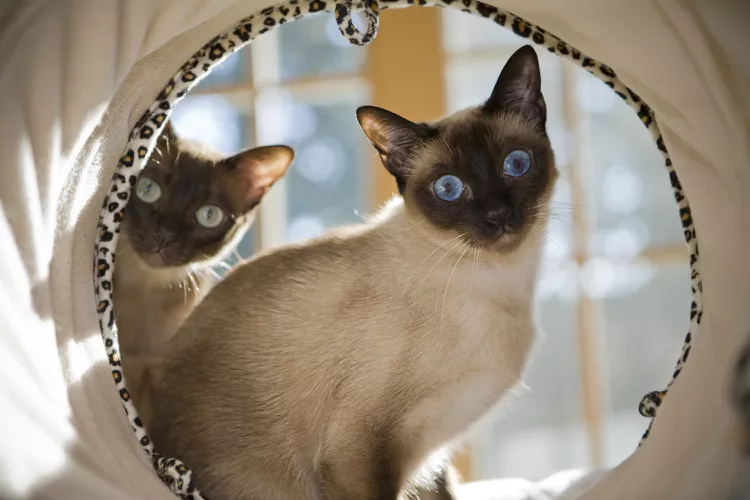
Tonkinese: Cat Breed Profile, Characteristics & Care
The Tonkinese cat is a perfect mix of the Siamese and Burmese—smart, sociable, and sweet. Learn about the Tonkinese breed.
How to Stop Your Cat From Chewing Electrical Cords
Cats are known to pounce and attack inanimate objects, like electrical cords. Learn how to prevent your cat from ambushing objects that may harm it.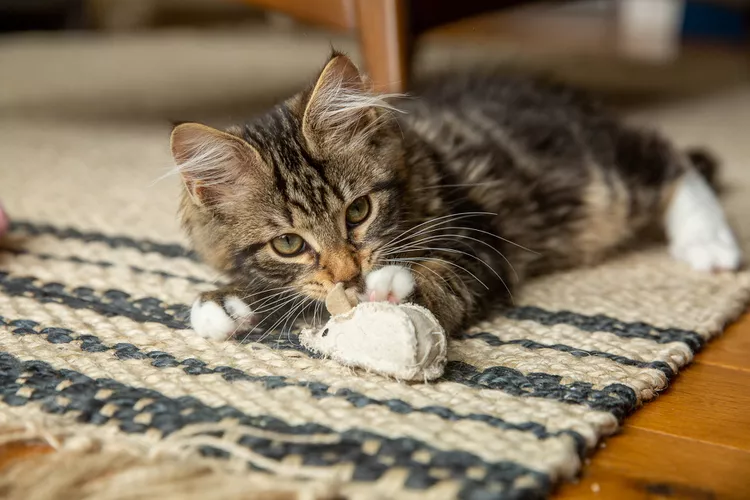
How to Stop Aggression in Kittens
Kittens may show aggressive behavior for several reasons. Sometimes their play gets too aggressive while other times the kitten is afraid or upset. Learn how to spot and curb aggression in kittens.
46 Egyptian Cat Names
Whether inspired by notable Egyptian deities, locales, or pharaohs, Egyptian cat names can bring out the divinity of your noble feline companion.
How to Tell If a Kitten is a Boy or a Girl
If you're wondering whether your new kitten is a boy or a girl, here are three ways to help determine the sex of your cat.
Signs Your Cat Is Aging and When to See the Vet
Expect some changes when your cat ages. Learn to differentiate between normal and potential medical problems for your elderly cat.
Coronavirus in Cats
Feline coronavirus (FCoV) rarely harms cats but can lead to another life-threatening illness. Learn the causes, treatment, and prevention.